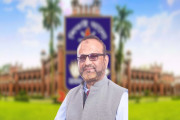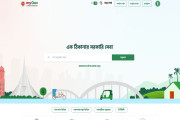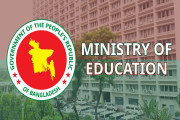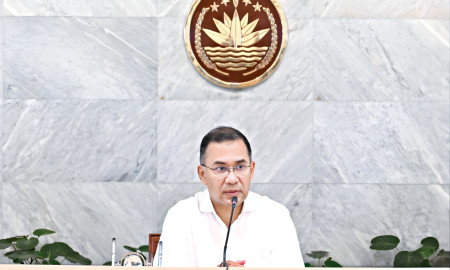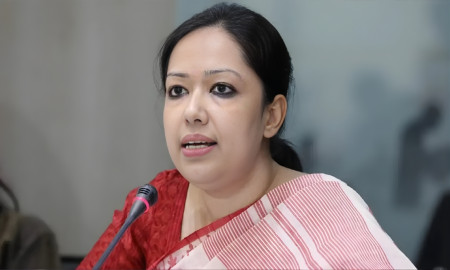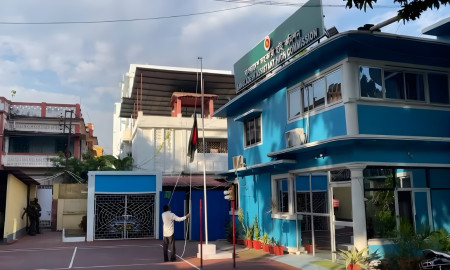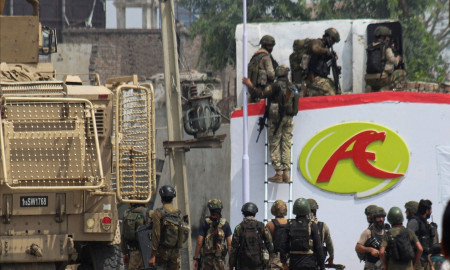Guide for Bangladeshi Students: Studying in the Netherlands for 2025
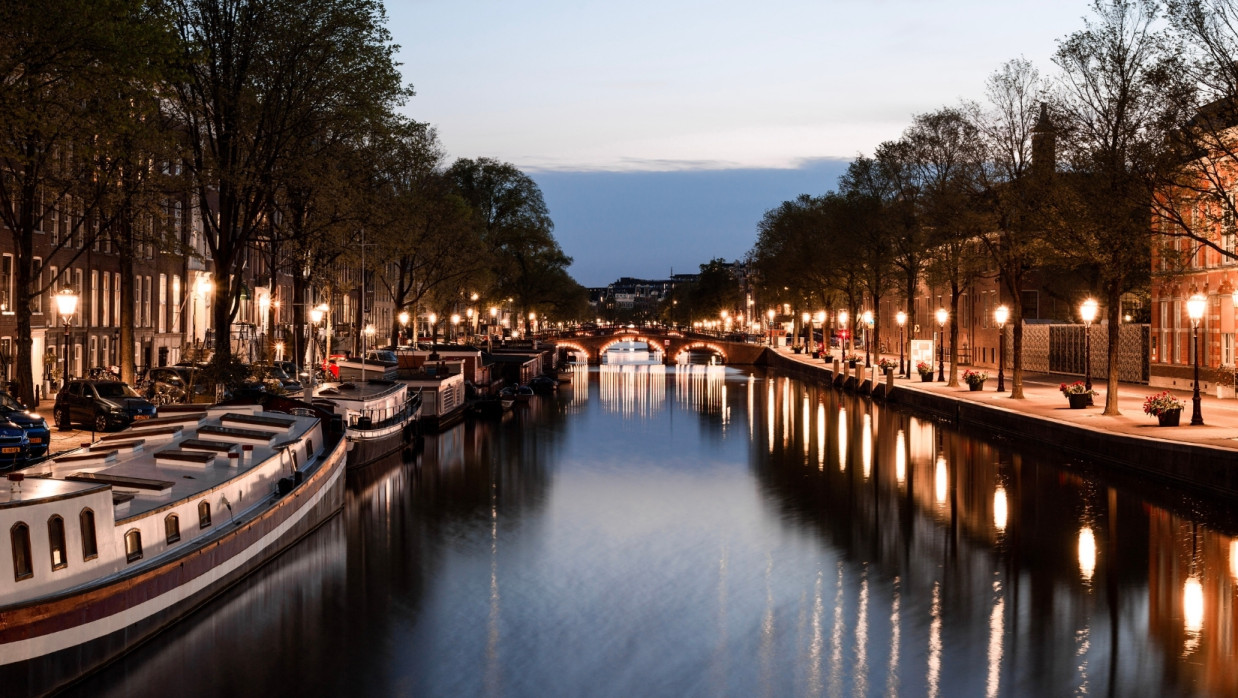
The Netherlands is fast becoming a go-to destination for Bangladeshi students chasing quality education abroad. With its English-taught programs, top-tier universities, and vibrant student life, it’s no wonder. If you’re eyeing the September 2025 intake, this guide breaks down everything you need to know—application steps, visa processes, and scholarship tips—in a clear, practical way. Here’s how Bangladeshi students can make their Dutch study dreams a reality.
Why the Netherlands?
The Netherlands ticks all the boxes for international students. It’s one of Europe’s most English-friendly countries, offering over 2,100 English-taught programs, from engineering to business, according to Study in NL. Universities like the University of Amsterdam and Delft University of Technology rank among the world’s best, delivering cutting-edge education. Plus, it’s safer and more affordable than many European peers, with moderate living costs and a welcoming vibe for Bangladeshi students. The cherry on top? Graduates can stay for a year to kickstart their careers, making it a smart choice for ambitious students.
Step 1: Prove Your English Skills
Since most courses are in English, you’ll need to show you can keep up. The International English Language Testing System (IELTS) is the most common requirement:
- Bachelor’s programs: Aim for a minimum IELTS score of 6.0, with no band below 5.5.
- Master’s programs: You’ll typically need 6.5 to 7.0, depending on the course.
Alternatively, some universities accept TOEFL (minimum 550 paper-based or 213 internet-based) or Cambridge English tests. Check your chosen university’s website for exact requirements, as technical fields like engineering might demand higher scores. Start prepping early—strong scores can make or break your application.
Step 2: Gather Your Documents
A solid application starts with the right paperwork. Here’s what Bangladeshi students need:
- Academic Records: Attested copies of your SSC and HSC certificates or a four-year diploma in engineering. Get these translated into English if needed.
- English Test Scores: Your IELTS or TOEFL results, sent directly to the university.
- Motivation Letter: A one-page pitch explaining why you want the program and how it fits your goals. This is especially critical for master’s applications—make it personal and sharp.
- Recommendation Letters: One or two from teachers or employers, mainly for master’s programs, to vouch for your skills.
- CV: A must for master’s applicants, highlighting your education, work, and achievements. Optional but helpful for bachelor’s.
For visas, you’ll also need:
- A passport valid for at least one year.
- A university offer letter.
- Proof you can cover €12,000 in annual living costs (bank statements or scholarship letters).
- Health insurance for your stay.
Pro Tip: Double-check that your name, date of birth, and parents’ names match across all documents—passport, certificates, everything. Even small errors can lead to visa rejections, and Dutch authorities don’t mess around.
Step 3: Apply Through StudyLink
Unlike other countries, the Netherlands uses a centralized platform called StudyLink for university applications. Here’s how it works:
- Pick Your Program: Browse StudyFinder to find programs that match your goals. Popular picks for Bangladeshi students include engineering at Delft or business at Erasmus University Rotterdam.
- Create a StudyLink Account: Sign up, upload your documents, and apply to up to four programs. Use your passport for identity verification since you won’t have a Dutch DigiD.
- Hit the Deadlines:
- January 15, 2025: For competitive “Numerus Fixus” programs like medicine, with results by April 15.
- May 1, 2025: For most other programs, but some universities set earlier deadlines, so check.
- Follow Up: Some programs may require online tests or interviews. If accepted, you’ll get a conditional offer letter with tuition fee details.
Pay the fees (around €10,000–€15,000 per year for non-EU students) through a Bangladeshi bank like Sonali Bank, which handles student accounts. Send proof of payment to the university to secure your spot.
Step 4: Navigate the Visa Process
Good news: Dutch universities make visas easier by handling most of the process. Here’s the breakdown:
- University Applications: After you pay tuition, your university applies for a Provisional Residence Permit (MVV) through the Dutch Immigration and Naturalization Service (IND). They’ll ask for documents like financial proof.
- Collect MVV in Dhaka: Once approved (usually 17–20 working days), book an appointment at the Royal Dutch Embassy in Gulshan-2, Dhaka, via www.vfsglobal.com. Bring your passport, offer letter, and IND approval. You’ll get a visa sticker valid for three months.
- Get a Residence Permit: Within five days of arriving in the Netherlands, register with the local municipality and apply for a Residence Permit (VVR) to stay for your entire program. Your university will guide you.
Key Insight: Applying to a high-ranking university boosts your visa chances, as Dutch authorities trust these institutions. Expect 23–24 working days for passport return, so plan ahead for the busy September intake.
Step 5: Explore Scholarships
Scholarships are tough to snag due to high competition, but they’re worth a shot. Options for Bangladeshi students include:
- NL Scholarship: Offers €5,000 for your first year, funded by the Dutch government. Apply through your university by their deadline (see NL Scholarship). You’ll need stellar grades and a standout application.
- University Scholarships: Check for institution-specific awards, like Maastricht University’s High Potential Scholarship, which can cover tuition or living costs.
- External Grants: Look into Erasmus+ or Fulbright for additional funding.
With limited spots, especially for Bangladeshi applicants, apply early and highlight your academic achievements (e.g., high SSC/HSC scores) to stand out.
Practical Tips for Life in the Netherlands
- Living Costs: Budget €12,000 per year for rent, food, and transport. Cities like Groningen are cheaper than Amsterdam. Start hunting for housing early via university portals or HousingAnywhere.
- Health Insurance: Mandatory, costing €100–€150 monthly. Get a Dutch policy or confirm your existing one meets requirements.
- Part-Time Work: You can work 16 hours weekly during the school year and full-time in summer with a work permit, helping cover expenses.
- Cultural Fit: The Netherlands is diverse and welcoming, but learning basic Dutch phrases can enhance your experience.
For Bangladeshi students, the Netherlands in 2025 is more than a study destination—it’s a launchpad for global success. From applying via StudyLink to securing a visa with university support, the process is manageable with planning. Scholarships and part-time work can ease financial pressures, while the country’s top universities open doors to exciting careers. Ready to take the leap? Visit Study in NL or reach out to your dream university’s international office. Your Dutch adventure awaits!

